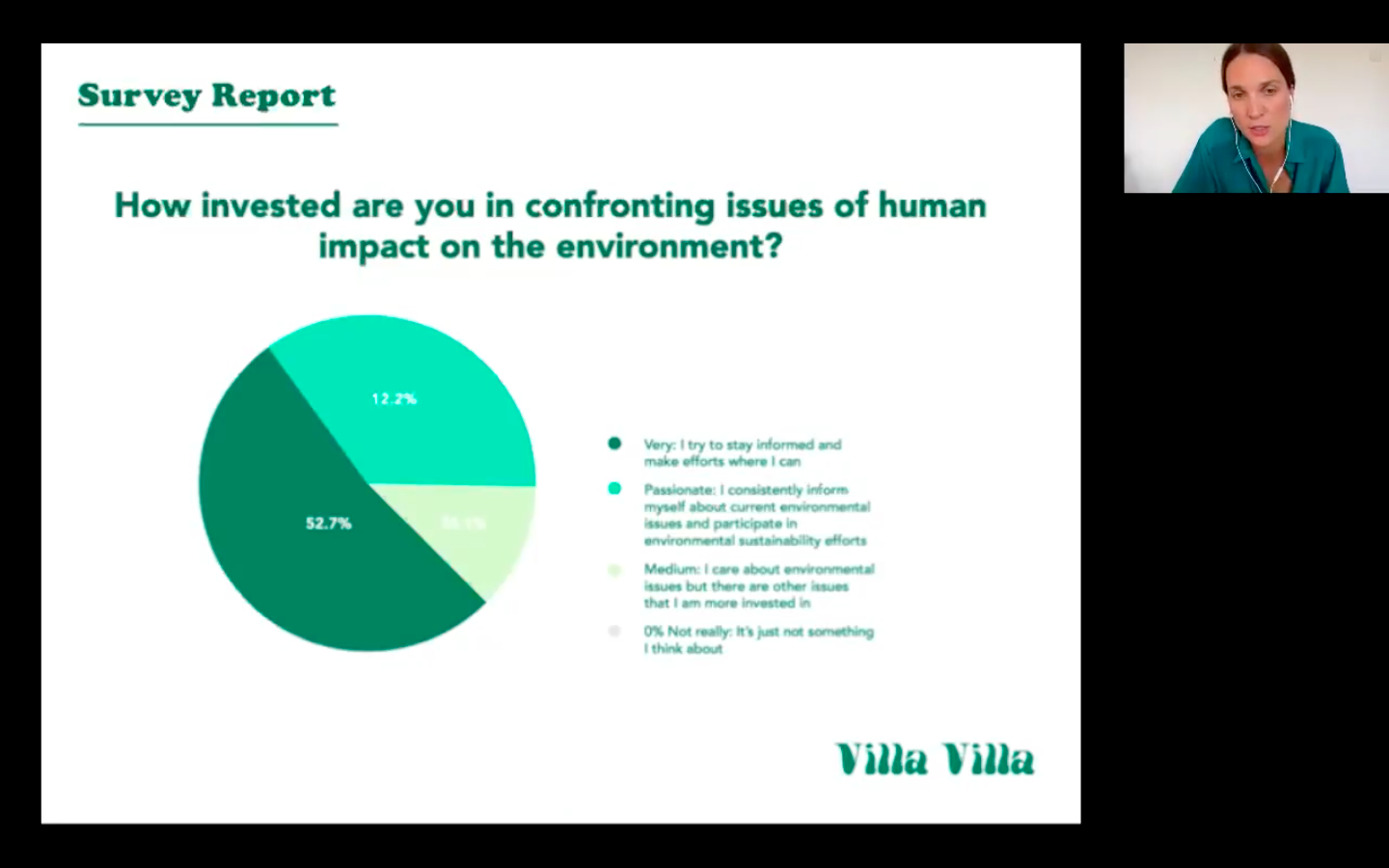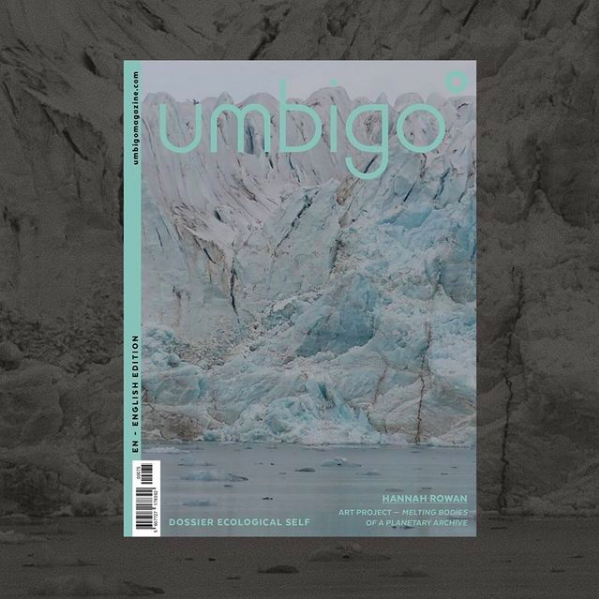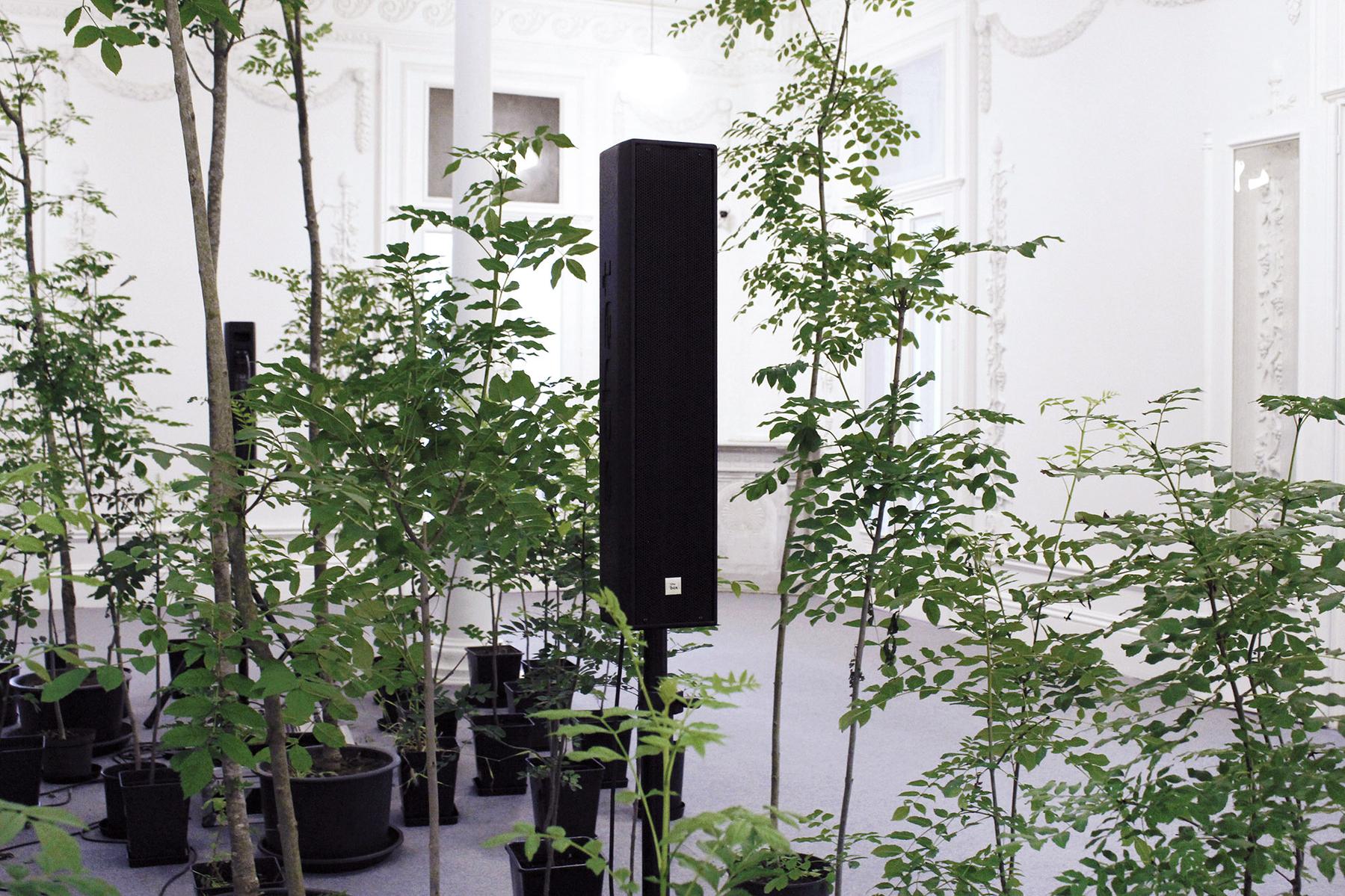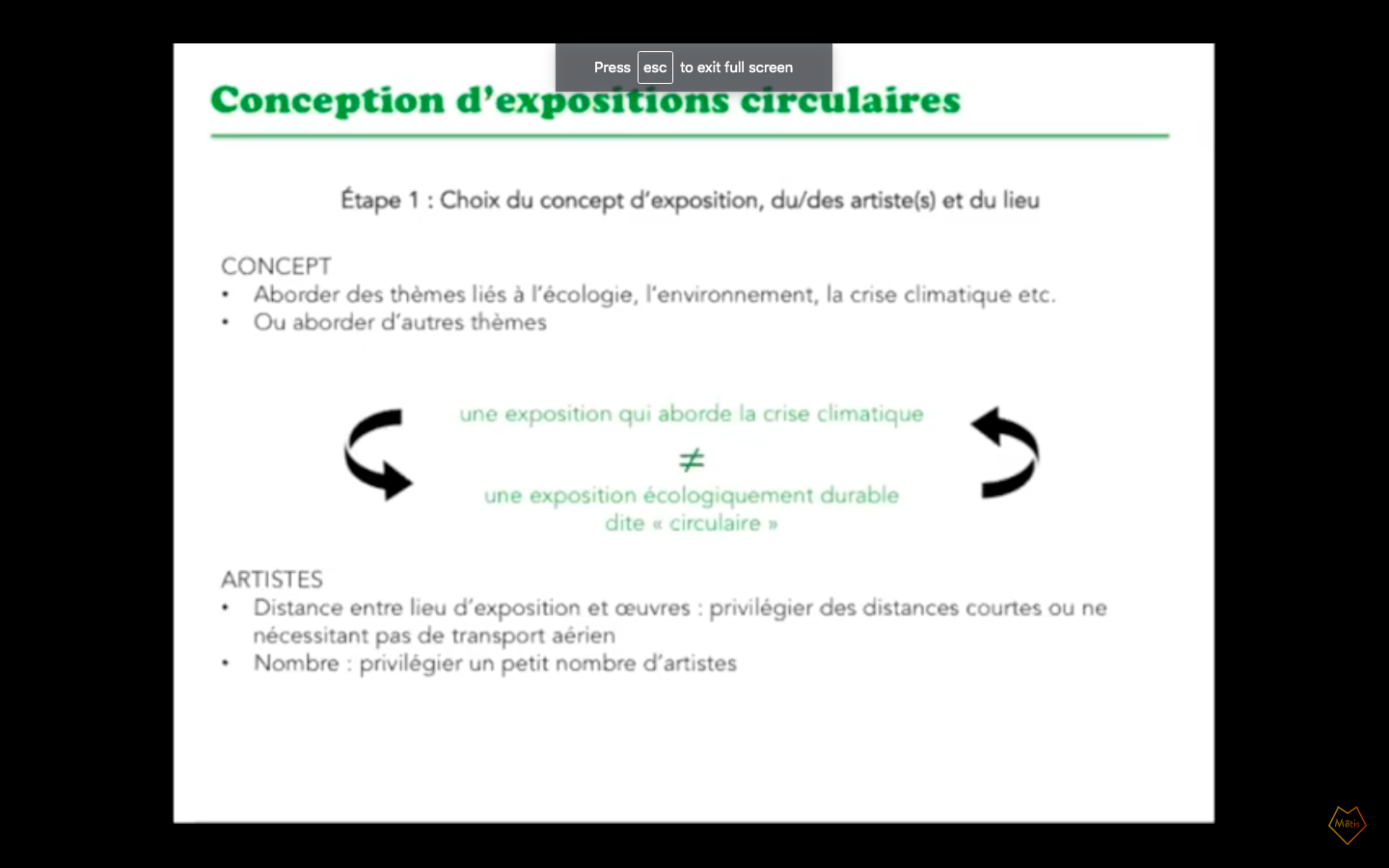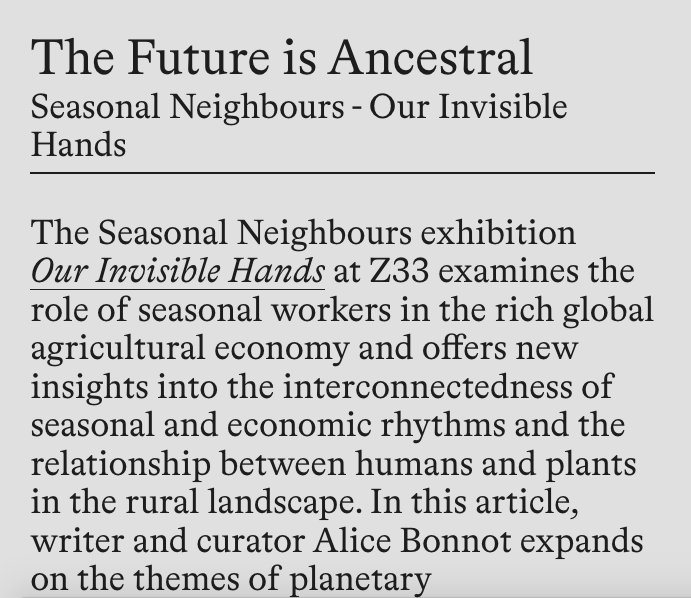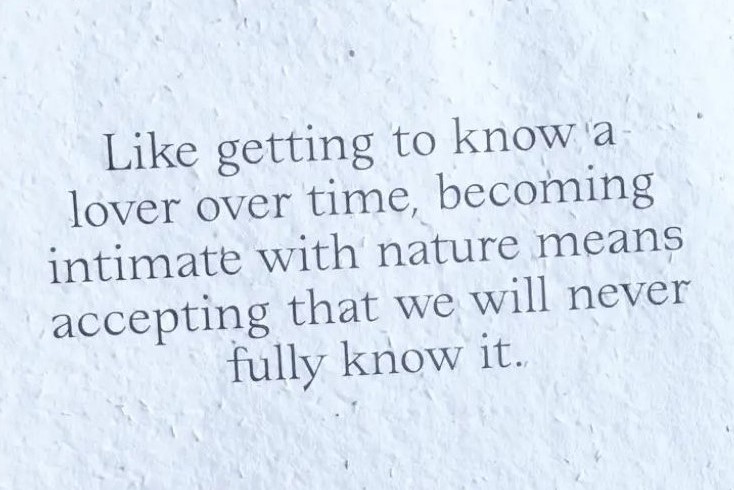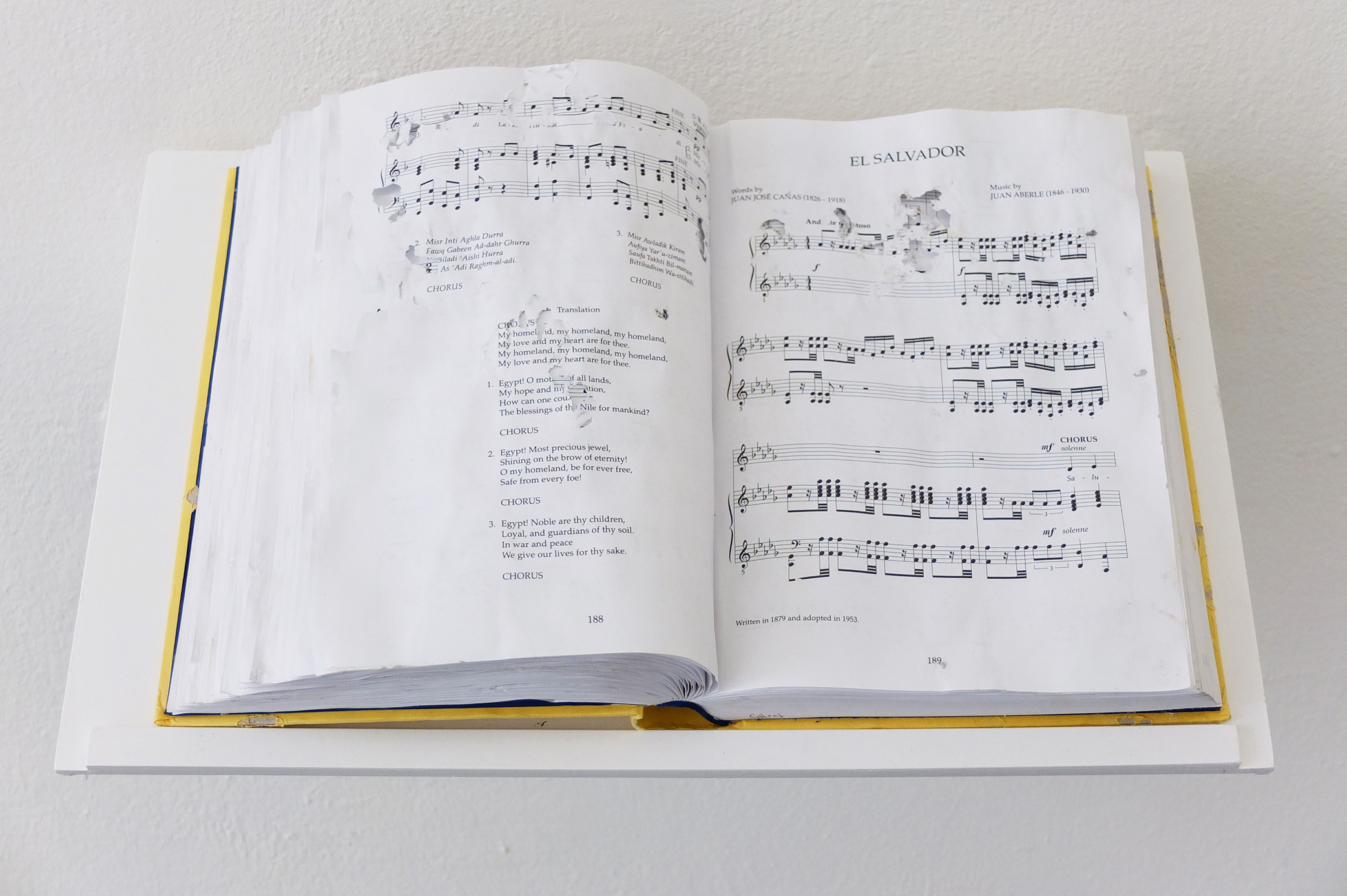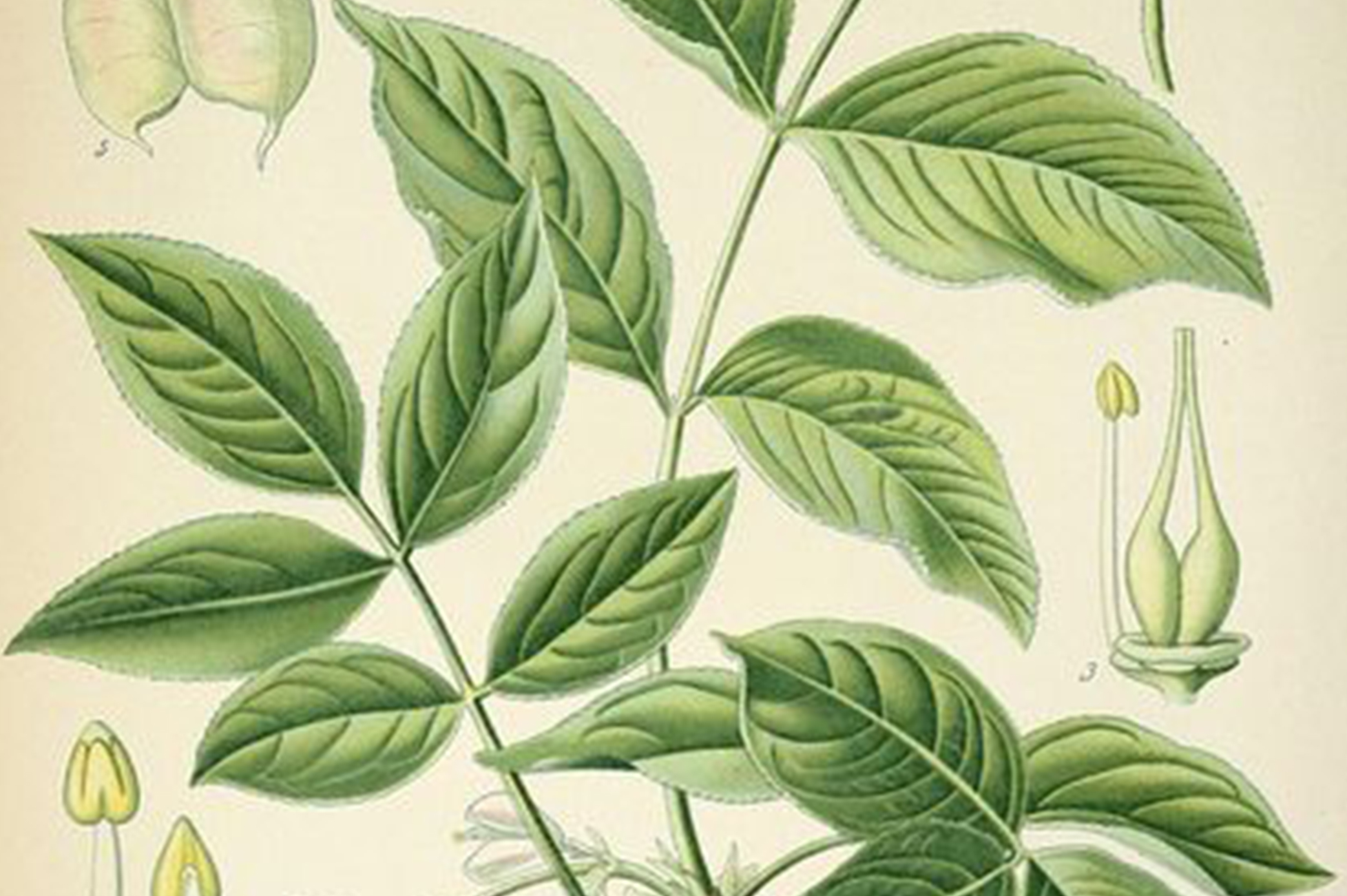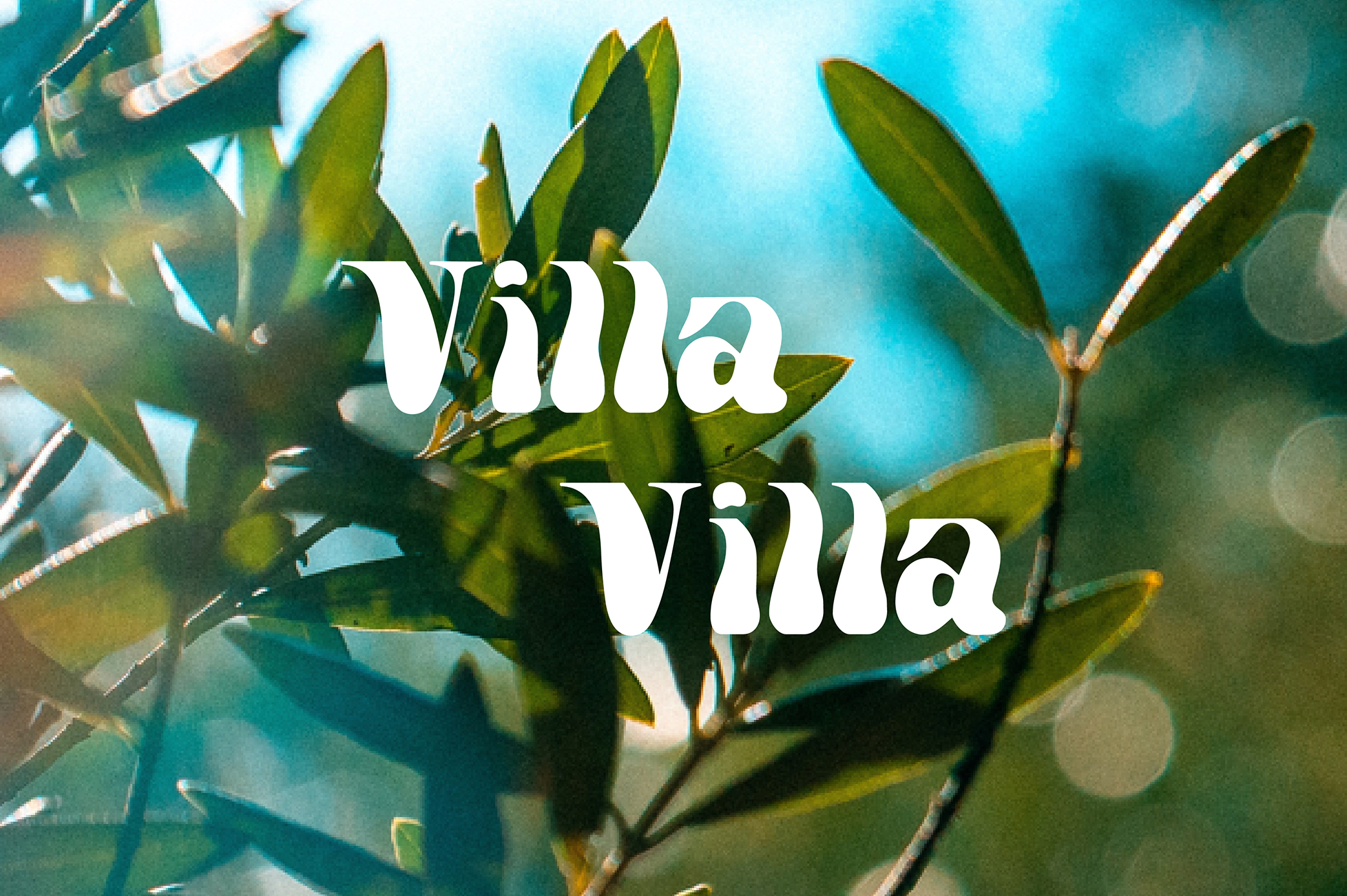resources:
On this page you will find useful resources for those who wish to be better informed about environmental and social sustainability in the arts.
Here we share information about our public programme which includes talks, workshops, conferences, and other public events.
We also publish relevant research and articles on topics related to our ongoing investigations on Substack. Subscribe here to be the first to read.
And if you or your organisation would like to go further, contact us about our environmental sustainability consulting services.

resources:
On this page you will find useful resources for those who wish to be better informed about environmental and social sustainability in the arts.
Here we share information about our public programme, which includes talks, workshops, conferences, and other public events.
We also publish relevant research and articles on topics related to our ongoing investigations on Substack. Subscribe here to be the first to read.
And if you or your organisation would like to go further, contact us about our environmental sustainability consulting services.
research:
We are currently developing a number of tools to help artists and art professionals reduce the impact of their practice on the environment.
To do this, we conducted an online survey in order to:
— Better understand the motivations and barriers artists may face when seeking to reduce the environmental impact of their studio practice,
— Gather tips, suggestions and comments from artists based on their personal experience in making their studio practice greener.
research:
We are currently developing a number of tools to help artists and art professionals reduce the impact of their practice on the environment.
To do this, we conducted an online survey in order to:
— Better understand the motivations and barriers artists may face when seeking to reduce the environmental impact of their studio practice,
— Gather tips, suggestions and comments from artists based on their personal experience in making their studio practice greener.
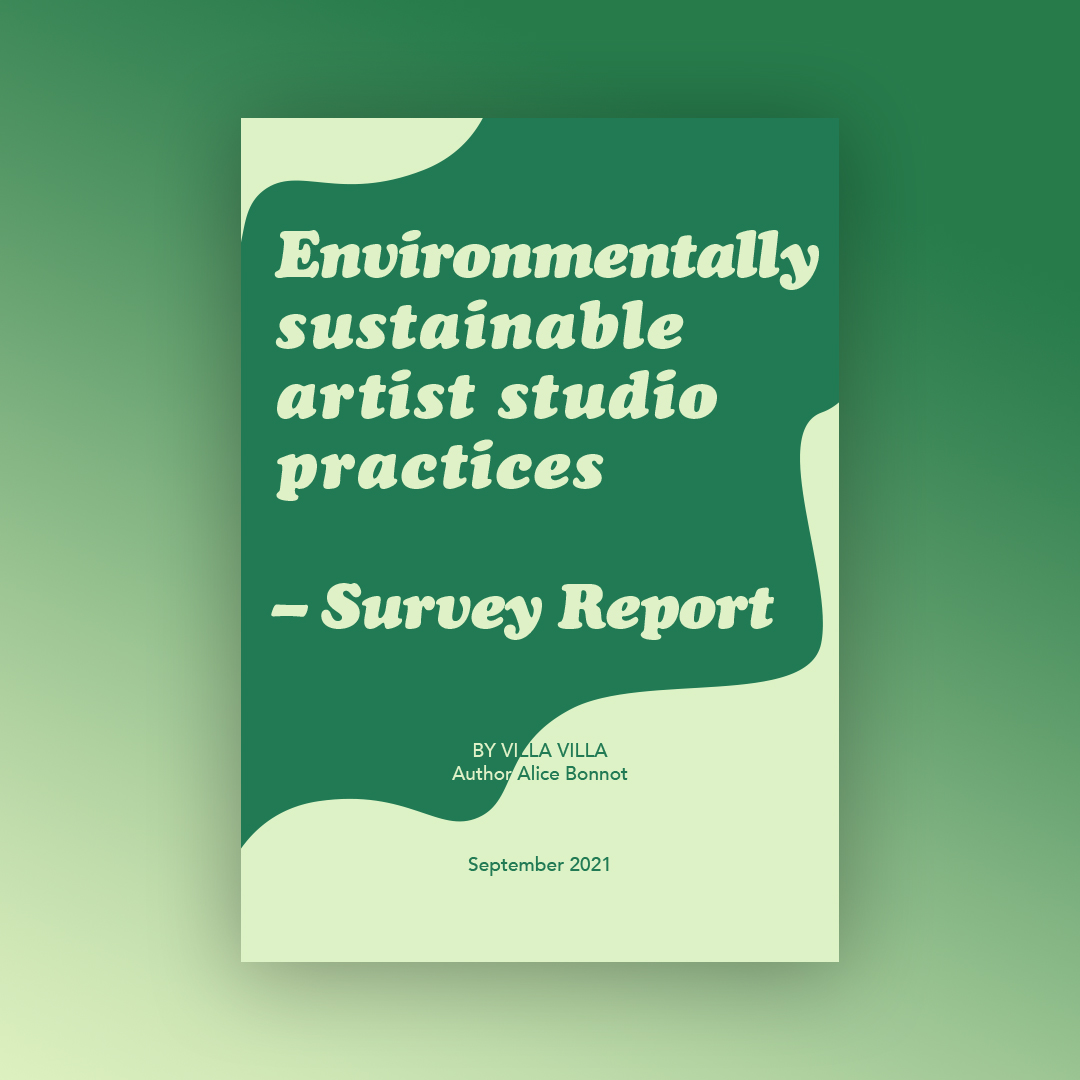
free report
The results of the survey provide evidence that there are many motivations for artists to seek to reduce their carbon footprint and waste output in the studio, as well as a number of limits and barriers they face in doing so.
The survey also features many useful pieces of advice, tips and recommendations from artists including:
— List of materials artists stopped using because it was harmful to the environment,
— Examples of alternative materials they have found,
— How they managed to reduce the waste created as a result of their practice,
— Other steps they can take to further reduce their carbon footprint in the studio.

free report
The results of the survey provide evidence that there are many motivations for artists to seek to reduce their carbon footprint and waste output in the studio, as well as a number of limits and barriers they face in doing so.
The survey also features many useful pieces of advice, tips and recommendations from artists including:
— List of materials artists stopped using because it was harmful to the environment,
— Examples of alternative materials they have found,
— How they managed to reduce the waste created as a result of their practice,
— Other steps they can take to further reduce their carbon footprint in the studio.
online talk:
Artists, curators, and other art practitioners are invited to exchange on environmentally sustainable artist studio practices.
Join us for an online talk and discussion event about sustainable artist studio practices. We will discuss how far artists have come in adopting sustainable working methods and the challenges they face in doing so. This event will feature conversations between curators and artists who seek to reduce the environmental impact of their practice. We will present the results of the online survey ‘How sustainable is your studio practice’, which will be free to download.
—
Online event:
Environmentally sustainable artists studio practices
27 September 2021
6pm-7.30pm (WET)
online talk:
Artists, curators, and other art practitioners are invited to exchange on environmentally sustainable artist studio practices.
Join us for an online talk and discussion event about sustainable artist studio practices. We will discuss how far artists have come in adopting sustainable working methods and the challenges they face in doing so. This event will feature conversations between curators and artists who seek to reduce the environmental impact of their practice. We will present the results of the online survey ‘How sustainable is your studio practice’, which will be free to download.
—
Online event:
Environmentally sustainable artists studio practices
27 September 2021
6pm-7.30pm (WET)
workshops:
We are regularly running workshops and online courses to help curators and exhibition makers reduce the environmental impact of contemporary art exhibitions.
Curating an ecologically sensitive exhibition is an online course that provides the tools to become a responsible practitioner of curation and to curate contemporary art exhibitions with environmental impact awareness. The focus of the course is to challenge the conditions in which contemporary art operates in regards to the environmental crisis.
At the end of the course, participants are able to understand the environmental challenges associated with exhibition making, they know how to measure these impacts and how to reduce them. As a result, participants are equipped with the knowledge of how to plan, organise and deliver environmentally sustainable art exhibitions.
Email us at [email protected] if you are interested in this training.
workshops:
We are regularly running workshops and online courses to help curators and exhibition makers reduce the environmental impact of contemporary art exhibitions.
Curating an ecologically sensitive exhibition is an online course that provides the tools to become a responsible practitioner of curation and to curate contemporary art exhibitions with environmental impact awareness. The focus of the course is to challenge the conditions in which contemporary art operates in regards to the environmental crisis.
At the end of the course, participants are able to understand the environmental challenges associated with exhibition making, they know how to measure these impacts and how to reduce them. As a result, participants are equipped with the knowledge of how to plan, organise and deliver environmentally sustainable art exhibitions.
Email us at [email protected] if you are interested in this course.
resources
Ecological Self: central dossier
We wrote a dossier for Umbigo Magazine on ecological issues and post-humanist questions to discuss the interdependence of climate, social and cultural injustices.
Plant Data: Beyond our Understanding of Plant Communication
We wrote about Porto-based New Zealand artist Yota Ayaan’s latest exhibition, Plant Data, at the Galeria da Biodiversidade, Centro Ciência Viva, which seeks to humanise the science behind plant sounds.
Circularity as a design model: conference
We talked about temporary art exhibitions following circularity as a design model as part of an ongoing series of webinars hosted by Metis (in French).
The Future is Ancestral
We wrote write a text for Z33 to coincide with Seasonal Neighbours’ exhibition ‘Our Invisible Hands’, which offers new insights into the interconnectedness of seasonal and economic rhythms and the relationship between humans and plants in the rural landscape.
new essay
Towards Permacultural Art Production
We just wrote an essay for the new issue of Umbigo to examine how permaculture principles can be applied to art practices and can help contemporary artists and art practitioners to significantly reduce the impact of their practice on the environment.
resources
Ecological Self: central dossier
We wrote a dossier for Umbigo Magazine on ecological issues and post-humanist questions to discuss the interdependence of climate, social and cultural injustices.
Plant Data: Beyond our Understanding of Plant Communication
We wrote about Porto-based New Zealand artist Yota Ayaan’s latest exhibition, Plant Data, at the Galeria da Biodiversidade, Centro Ciência Viva, which seeks to humanise the science behind plant sounds.
Circularity as a design model: conference
We talked about temporary art exhibitions following circularity as a design model as part of an ongoing series of webinars hosted by Metis (in French).
The Future is Ancestral
We wrote write a text for Z33 to coincide with Seasonal Neighbours’ exhibition ‘Our Invisible Hands’, which offers new insights into the interconnectedness of seasonal and economic rhythms and the relationship between humans and plants in the rural landscape.
new essay
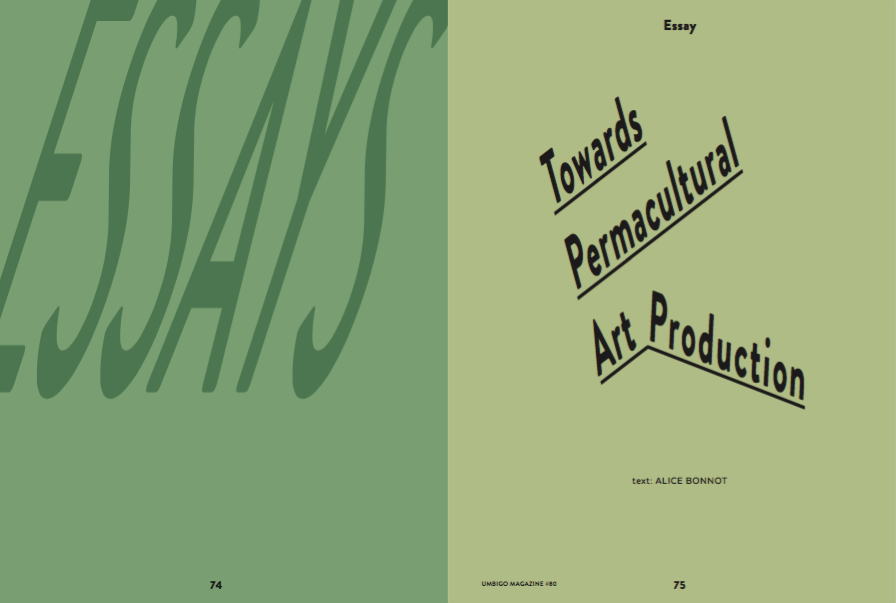
Towards Permacultural Art Production
We just wrote an essay for the new issue of Umbigo to examine how permaculture principles can be applied to art practices and can help contemporary artists and art practitioners to significantly reduce the impact of their practice on the environment.
The Importance of the Unknown
In the Bauhaus of the Seas opening conference, held at maat in 2021, Markus Reymann, director of TBA21–Academy, spoke of the unknowability of the ocean: “We only know 5% [...]
→
Read the article
Co-creating with Nature by Jule Kurbjeweit
The imaginative capacities of the Western world for relating to the natural world have long been limited to dominance and exploitation. The harmful consequences are [...]
→
Read the article
'Neo-rurals': from the city to the country
It is widely accepted within permaculture and sustainable living communities that living in the countryside allows us to be more self-reliant. [...]
→
Read the article
April showers bring May flowers
Permaculture is a design system that David Holmgren and Bill Mollison worked on in the 1970s for both sustainable use of land and a sustainable way of living. [...]
→
Read the article
Be climate-conscious: one step at a time
There is a lot to say about the reasons that led us to create villa villa: a pressing need to leave the city for the countryside, to slow down and connect to the [...]
→
Read the article
contribute to this page!
We are always looking for contributors to help us grow this page.
Contact us to submit a resource.
contribute to this page!
We are always looking for contributors to help us grow this page.
Contact us to submit a resource.
Only 0.56g of CO2 is produced every time someone visit this web page
Source: websitecarbon
